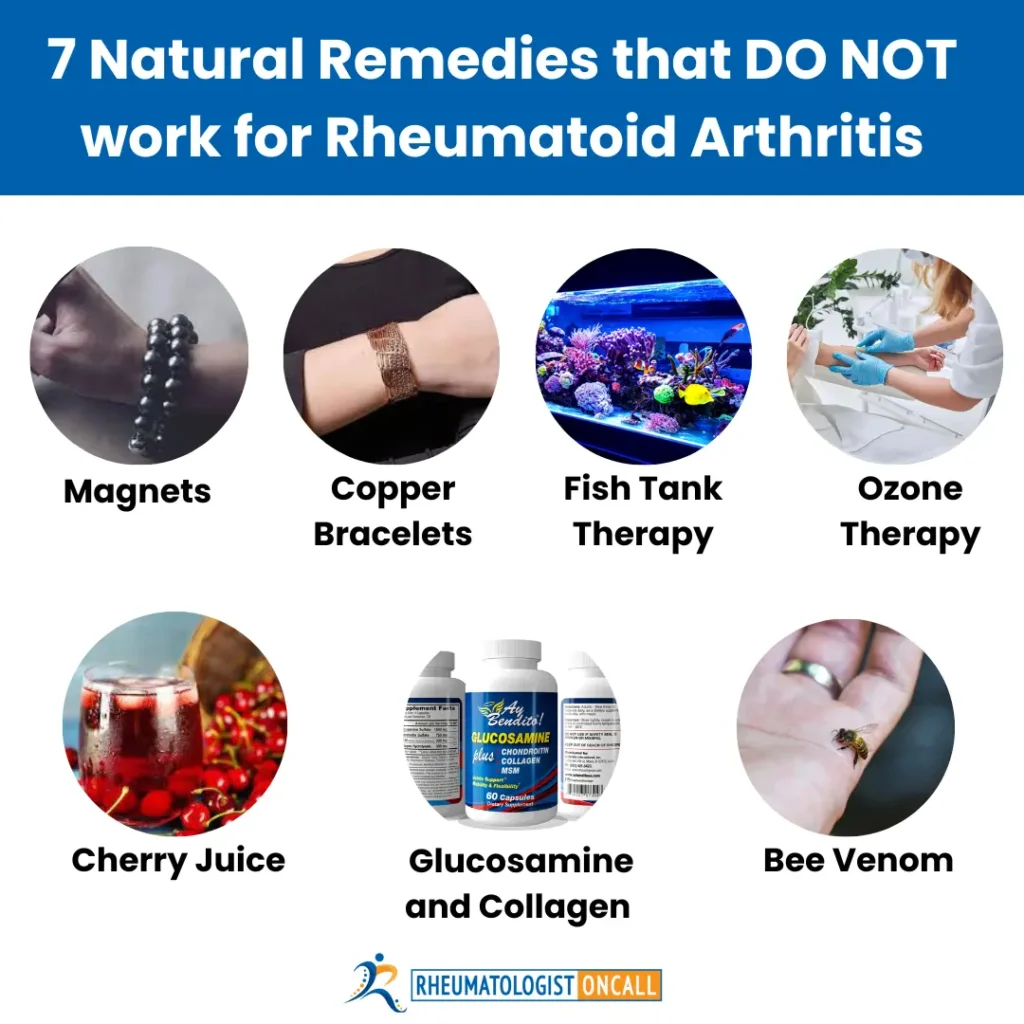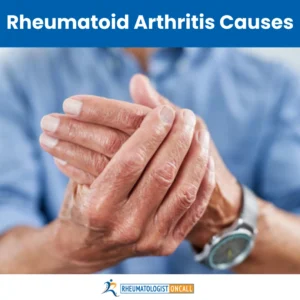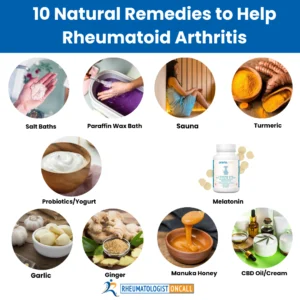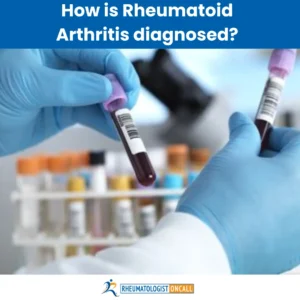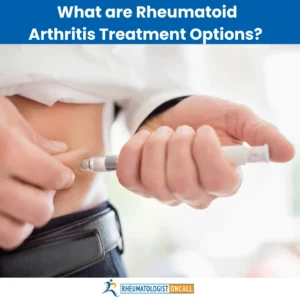SHARE
Rheumatoid Arthritis (RA) is a disease where the body’s immune system mistakenly attacks the joints, and it affects 19 million people all around the world. Many patients are looking for natural ways to ease their pain. I’m all for using natural treatments and always suggest trying ways backed by science. But there are a lot of natural remedies out there that just don’t work because they aren’t scientifically proven.
In this article, I will share seven natural remedies that, although popular, won’t help with Rheumatoid Arthritis.
1. Magnets:
Myth:
Some believe magnets can alleviate pain and inflammation linked to Rheumatoid Arthritis by influencing blood flow and the iron that flows through your blood, eventually delivering more nutrients to the joints.
Reality:
Think about this: The iron that flows through our blood is not ferromagnetic [it is not attracted to magnets]. Plus, there is no evidence that the magnetic straps you can buy will alter blood flow.
Now think about the fact that if this were a valid theory, just by doing an MRI, your body would explode under the action of the machine….did that happen to you?
Some studies looked at magnet therapy for managing Rheumatoid Arthritis but failed to prove any improvement.
2. Copper Bracelets:
Myth:
Copper bracelets are promoted as a remedy for Rheumatoid Arthritis due to their presumed anti-inflammatory properties. The theory is that people deficient in copper might develop more inflammation.
Reality:
Research showed that wearing Copper bracelets or magnetic straps will not ease either pain or inflammation in patients with Rheumatoid Arthritis, as your skin does not effectively absorb copper. You may wear bracelets to enhance your look, but do not believe they will have a therapeutic effect.
3. Fish Tank Therapy
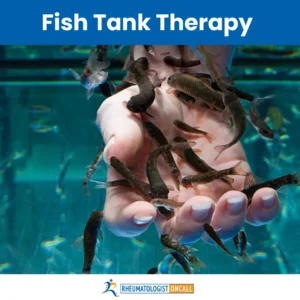
Myth:
Some believe that fish tank therapy, which involves immersing your feet or hands into a tank of small fish that nibble away dead skin, improves Rheumatoid Arthritis symptoms.
Reality:
There is no scientific evidence supporting the efficacy of fish tank therapy in treating Rheumatoid Arthritis symptoms. There were just a few anecdotal stories from people reporting improvement. Still, the reality is that this type of therapy can cause you INFECTIONS with a bacteria caused by Mycobacterium avium. This can even cause a severe infection if you are currently taking treatment with immunosuppressive drugs.
4. Ozone Therapy
Ozone therapy is an alternative that involves introducing medical-grade ozone into the body. Ozone is a colorless gas made up of three oxygen atoms. The therapy is supposed to introduce Ozone via IV (intravenous), insufflation in cavities like the rectum or vagina, and injection into the tissue.
Myth:
The purpose of this therapy in patients with Rheumatoid Arthritis is to decrease inflammation and reduce pain and Rheumatoid Arthritis disease activity.
Reality:
Although Ozone therapy was shown in some animal studies, like mice and rats, to reduce inflammation, minimal clinical data suggest this is an effective therapy today. In one study in 2016, 60 patients with Rheumatoid Arthritis were randomized to receive Ozone therapy through rectal insufflation and methotrexate, which was somewhat beneficial, but this is not the standard of care in Rheumatoid Arthritis today.
5. Cherry Juice
Myth:
Cherry juice contains a lot of flavonoids that have antioxidant and anti-inflammatory properties, which is why some people proposed that cherry juice might be helpful for Rheumatoid Arthritis patients.
Reality:
While cherry juice may contain these anti-inflammatory compounds, our evidence today is related to the benefit of drinking cherry juice or having cherry tart concentrate only in patients suffering from gout, not in patients with Rheumatoid Arthritis.
6. Glucosamine and Collagen Supplements
Myth:
Glucosamine and collagen supplements are promoted on the market for their joint health benefits, mainly in people with arthritis, especially Osteoarthritis and wear and tear arthritis. However, there are multiple forms of arthritis, and Rheumatoid Arthritis is an autoimmune disease.
Reality:
Today’s Research showed some benefits in mice and rats with glucosamine, vitamin E, or collagen. Still, unfortunately, there is no clinical evidence to use glucosamine and collagen supplements in Rheumatoid Arthritis patients. Save your money on them.
7. Bee Venom
Myth:
Bee venom is perceived to diminish inflammation and pain in Rheumatoid Arthritis patients due to its alleged anti-inflammatory and analgesic properties.
Reality:
A few studies look at bee venom therapy injected through acupuncture. Unfortunately, a study in 2014 showed very low-quality data and needed to be more conclusive in using this type of therapy in patients with Rheumatoid Arthritis. Another analysis is running, but we have yet to get the results. Until then, I would warn you to be cautious, as this therapy can cause severe allergic reactions, especially if you have a history of allergies to bee stings.
Conclusion
While the pursuit of natural remedies is understandable, it is essential to distinguish between scientifically supported options and misconceptions. Some of these interventions can be dangerous and even jeopardize your health. When it comes to Rheumatoid Arthritis, consult a specialist who treats Rheumatoid Arthritis every day, and do not take your health for granted.
At Rheumatologist OnCall, we emphasize a specialized and integrative approach specifically designed for Rheumatoid Arthritis patients. We offer our patients treatment and strive to educate them about nutrition through online courses, online physical therapy sessions, and mindfulness practices through a personalized approach to each patient’s needs.
We understand the importance of comprehensive care. Our goal is not only to diagnose and treat but to empower our patients with knowledge and tools to manage Rheumatoid Arthritis to the next level, achieve the best outcome, and live a full life.

